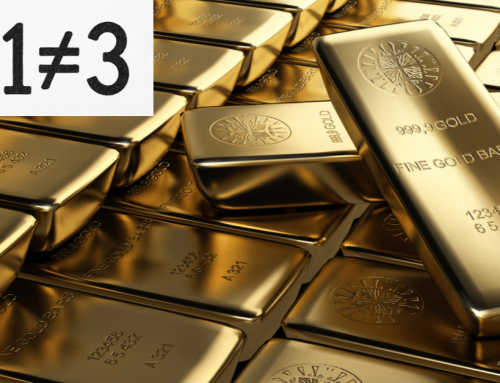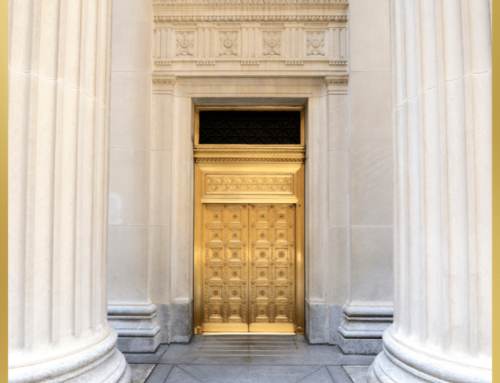As the global financial system transforms, gold is becoming the reserve of choice for central banks and nations. They aim to address growing concerns over U.S. dollar dominance, geopolitical risks, and sanctions. Countries are turning to gold not only as a hedge against inflation but also as a safeguard against political instability and the fragmentation of global financial structures.
Decoupling from Traditional Drivers
Gold’s record highs reflect more than inflationary fears or low interest rates. The price surge highlights a shift from traditional market drivers, with geopolitical forces increasingly shaping financial strategies. Mohamed El-Erian recently noted that gold’s rising price signals the fragmentation of the global financial system. This shift stems from a realignment of economic power, as countries like China and Russia boost their gold reserves while reducing reliance on the U.S. dollar.
Why Central Banks Are Stockpiling Gold
Central banks are buying gold at unprecedented levels. In 2023, they acquired over 1,000 metric tons, as reported by the World Gold Council. This move helps nations shield their economies from currency volatility and reduce exposure to the U.S. dollar. Turkey, Russia, and China lead this trend, using gold to mitigate external economic pressures, sanctions, and the growing weaponization of the dollar.
Central banks use gold to hedge against inflation and global instability. Sanctions against Russia have shown how vulnerable countries are when foreign reserves are held in U.S. dollars. By storing gold domestically or in neutral locations, countries insulate themselves from these risks.
The Decline of Dollar Dominance
For decades, the U.S. dollar has been the world’s reserve currency. However, its use in sanctions has made countries cautious. When the U.S. froze Russia’s foreign reserves in 2022 after its invasion of Ukraine, it demonstrated how the dollar could serve as a geopolitical tool. This event accelerated efforts to diversify reserves into assets like gold.
Economic powers, especially in the East, are forming new financial alliances. They increasingly use regional currencies and commodities instead of the dollar for trade. BRICS nations are even exploring the creation of a new currency or basket of currencies to reduce reliance on the dollar.
Why Gold Is the Logical Choice
Gold stands out because it is not tied to any single nation. It holds intrinsic value, offers liquidity, and remains universally accepted. Unlike the U.S. dollar, gold’s value does not depend on the policies of one government or central bank.
By holding gold, nations protect their reserves from geopolitical shifts, inflation, and sanctions. Gold acts as a safe harbor during uncertainty, offering security that fiat currencies cannot match.
A Reconfigured Global Economy
As the world moves toward economic nationalism and multipolarity, the global financial system is undergoing a transformation. Gold plays a pivotal role in this shift as a trusted store of value and hedge against risk. Central banks’ growing gold reserves and skepticism toward the U.S. dollar highlight a profound economic change. Nations will likely continue increasing their gold holdings to safeguard their wealth against geopolitical uncertainties.
Summing It Up
The fact that gold is becoming the reserve of choice reflects more than short-term market fears. It responds to a fragmented financial system, a declining U.S. dollar, and the strategic use of sanctions. As this trend grows, physical gold will remain vital in national reserves, ensuring stability in an unpredictable world.
Let’s connect if you want to explore how owning physical gold can help secure your financial future.
Disclaimer: This content is for educational purposes only and does not provide financial or investment advice. Always consult a financial advisor or professional for guidance tailored to your circumstances before making investment decisions.






